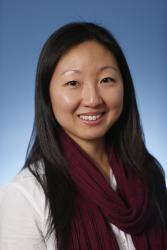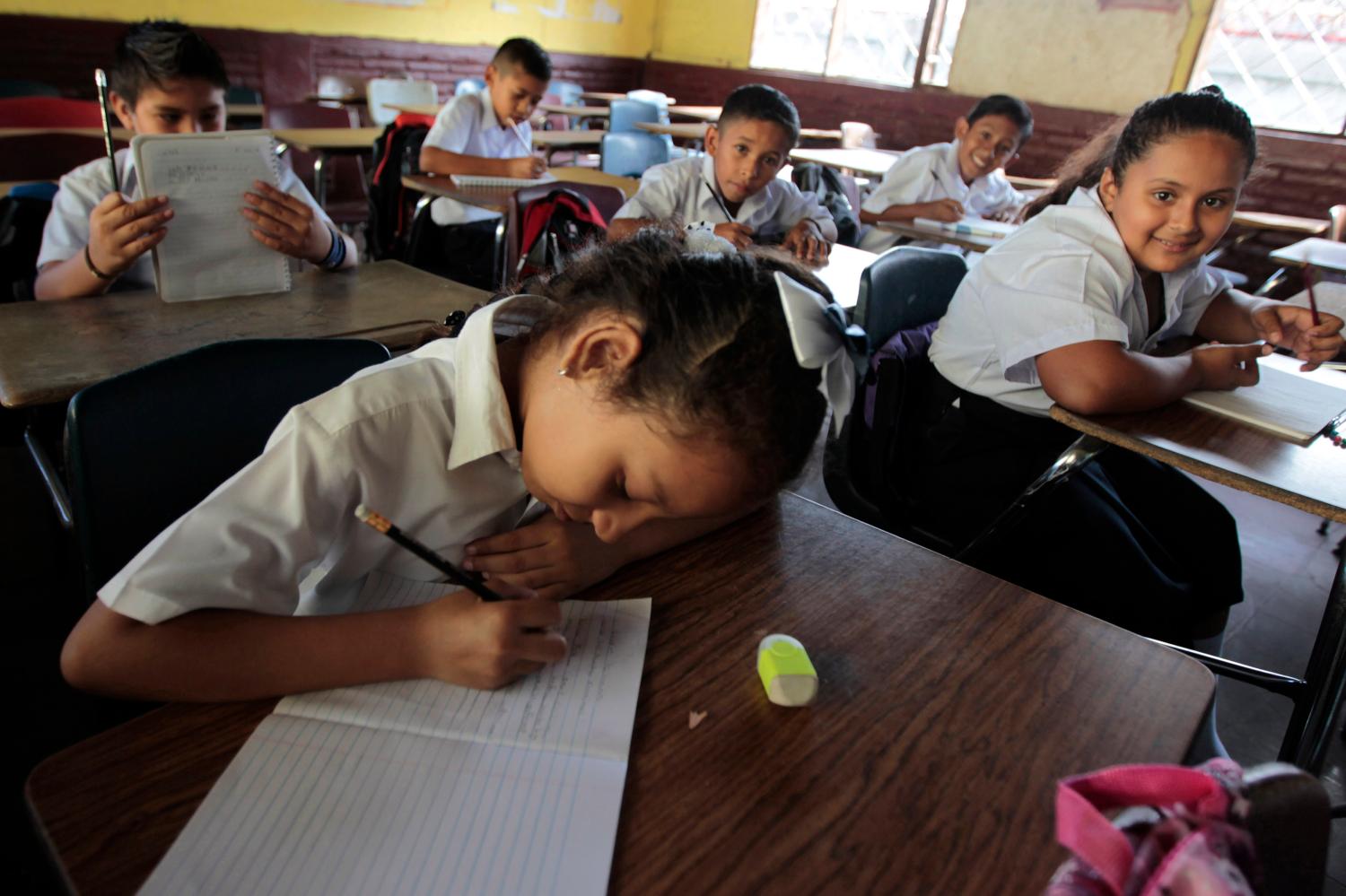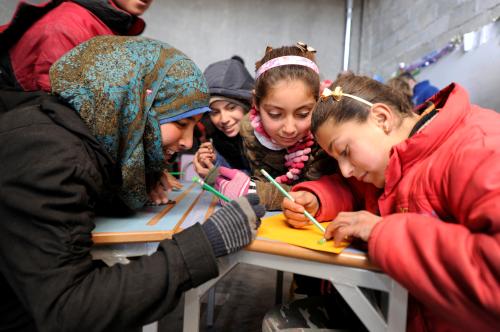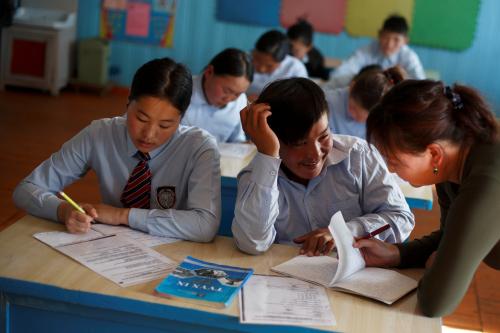With the learning goals of education shifting to include a broader range of skills, the challenge globally is how to support students in developing these skills. The components of the education system must be aligned to support the development of 21st century skills, and the qualitatively different structure of these skills requires some completely new approaches, both in the measurement aspect and collection of assessment data. A major issue that confronts education systems is a deficiency in the effective use of collected student learning outcomes data. Notwithstanding the huge sums that are dedicated to its collection, a proportional commitment is not made to its strategic analysis or its dissemination.
The main purpose of this publication is to provide guidance on how data from 21st century skills assessment can be used and interpreted in terms of learning outcomes to inform teaching and learning. Towards this purpose, we put forward actionable recommendations that are both applicable and relevant to the current state of assessing these 21st century skills to enhance learning outcomes, as well as forward-looking in anticipating the future of assessment. In this publication, we consider the purposes of collecting student achievement data associated with 21st century skills, discuss how these data are currently used in various contexts and the challenges associated with each, and finally provide key principles for effective data use both generally and specific to major stakeholders.
Beginning with a discussion of what demarcates 20th and 21st century skills in the context of assessment, we consider the main purposes of the practice. These purposes are roughly dichotomized across formative and summative types of assessment. Formative assessments are undertaken throughout the teaching and learning process, with the direct purpose of improving the learning outcomes of those students being assessed. Summative assessments are typically conducted at the end of learning processes to evaluate students’ learning outcomes by comparing them with some validated standards or benchmark. However, it is the purpose of the assessment, rather than the type, that leads to different uses of assessment data—for teaching and learning, as well as for monitoring and accountability.
The current state of teaching and assessment of 21st century skills is outlined, with acknowledgement of some major issues. These include our lack of understanding and knowledge of how 21st century skills can be taught, and the possible lack of alignment between traditional curricula and a 21st century skills learning agenda. Although the use of large-scale assessment data for system accountability and monitoring is well-established, specific information about student performance expectations for 21st century skills is provided by only a handful of education systems that have these skills formally embedded in their curriculum, and therefore, have the mechanisms for system-wide data collection, use, and dissemination.
Challenges specific to assessment of 21st century skills may be one reason why education systems are having difficulty translating policies into actual practice in schools and classrooms. These include the inherent nature of transferable skills that can be demonstrated across different situations and in response to different contexts. Such skills require assessment approaches that are either sufficiently broad or sufficiently dynamic to capture this essential quality. Most educational assessments tend to reward “correct” answers to clearly defined questions. Although there are several instruments and advanced assessment approaches that have been demonstrated to capture 21st century skills, the challenge is how to use these systemically and ensure they are not only valid and reliable, but also practical, in the contexts that they are to be used. Additional challenges include lack of comprehensive operational definitions, lack of standards for making evidence-based inferences, threats to generalizability, cross-cultural validity of the definitions, and measurement errors.
Finally, focusing on the main purpose of this publication, a set of general principles are presented and discussed in detail. These general principles, in summary, are the following:
1) Design data collection processes that are aligned with purposes and agenda at all levels. Avoid redundancies in data collection that occur when collecting too much or overlapping data. Align different approaches across the system to meet the goal of enhancing learning.
2) Establish a clear link between the captured form of data and the intended reported form of data. Ensure that the data-capture process is systematic. Clearly specify the format and structure of the reporting framework. Provide considerable infrastructure and support systems for implementation. Build a timely and regular assessment program that can provide sufficient assessment data at an individual level. Always take into consideration that the quality of the data itself depends on several factors, from measurement precision to the representativeness of the sample, and failure to take these limitations into account can result in misleading interpretations and conclusions.
Complementing these main general principles are data use principles that are relevant to specific stakeholders, focusing primarily on researchers, district and school leaders, and teachers. Relating to the use of 21st century assessment data, we find that 21st century assessments require solid research support for researchers, need a data-driven instructional systems model for improving instructions for district and school leaders, and require the assessment process to be contextualized and incorporated into teaching and learning processes innovatively for teachers.
About the Optimizing Assessment for All project
Optimizing Assessment for All (OAA) is a project of the Center for Universal Education (CUE) at the Brookings Institution that seeks to shift minds toward the constructive use of assessment by all stakeholders. The project is designed to develop the capacity for use of classroom-level assessment of 21st century skills to support learning, as well as best practices geared towards improving the competencies and skill sets needed by a new generation of students to thrive in the 21st century. The project spans three major phases from 2017 to 2019.








